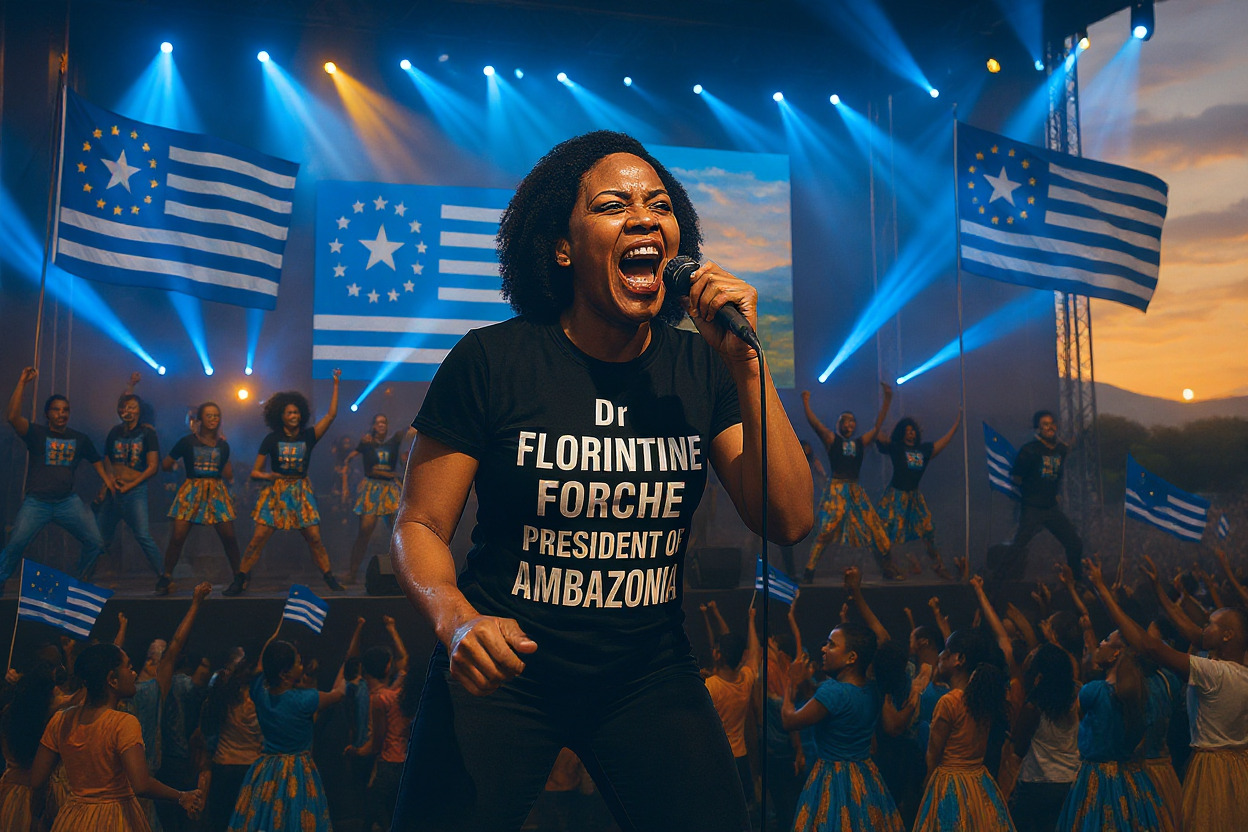The Obligation for Representation
In every liberation struggle, the question of unity is decisive. Nations are not built in fragments, nor are peoples liberated in isolation. The strength of a cause lies not only in the courage of those who bear its burdens, but also in the structures that ensure inclusiveness, accountability, and shared responsibility. For Ambazonia, the time has come to embrace a principle that cannot be ignored: the obligation for representation.
Representation is not simply an invitation; it is the moral and political duty of every faction, government, and group that claims to stand for Ambazonia’s freedom. The Parliament of Ambazonia exists as the institutional framework where voices converge, where disagreements find resolution, and where decisions gain legitimacy before the people and the world. No one group, no matter how capable or zealous, can embody the collective will of Ambazonia alone. Our destiny demands that all who lead, all who organize, and all who sacrifice take their place at the table of representation.
To refuse representation is to risk isolation. It leaves our people vulnerable to division, manipulation, and fatigue. It deprives the international community of a clear and united voice from Ambazonia, weakening our case before the court of nations. History teaches us that liberation movements that fail to unify around representative structures collapse under the weight of their own fragmentation. Representation, therefore, is not optional; it is an obligation that safeguards the integrity of our struggle.
Furthermore, representation ensures justice within our own house. Every faction—be it political, civic, or military—has shed blood, made sacrifices, and carried burdens for the cause. To deny them their seat is to deny the value of their contribution. To accept representation is to honor our martyrs, to respect our people, and to acknowledge that Ambazonia belongs to all Ambazonians.
Our Parliament was established with this vision: not as an arena of competition, but as the sanctum of collaboration. It is the lawful expression of our sovereignty and the custodian of our aspirations. By participating, factions do not diminish their autonomy; they strengthen their legitimacy. They do not surrender their voices; they amplify them in chorus with others. They do not lose authority; they anchor it within the authority of a people united. Let it be clear: Ambazonia’s enemies thrive on our divisions. Every absence in representation is a victory handed to the oppressor. Every faction that joins Parliament, however, weakens the grip of the oppressor and strengthens the case for our freedom. The struggle is bigger than personal ambition or organizational pride; it is about the future of generations yet unborn.
For this reason, representation must no longer be seen as a choice, but as an obligation. An obligation to our people, who demand unity. An obligation to our martyrs, who died for a free and sovereign homeland. An obligation to the international community, which looks to see if we are worthy of recognition as a government in waiting. And most importantly, an obligation to history, which will judge us not by our speeches, but by the structures we built and the unity we sustained.
The call, therefore, goes out to every faction, every council, every defense group, and every movement: take your place. Bring your vision, bring your strength, bring your people, and let us together craft the destiny of Ambazonia. For only through representation can we claim to be one nation, one people, and one cause.
Ambazonia’s freedom will not be delivered to fragments. It will be delivered to a people united under representation. And so, participation is not just desired; it is demanded—by duty, by honor, and by the irreversible march of history.
Signed,
His lordship Bishop Dr Chamayah Yacobo
Speaker of the Parliament of Ambazonia


